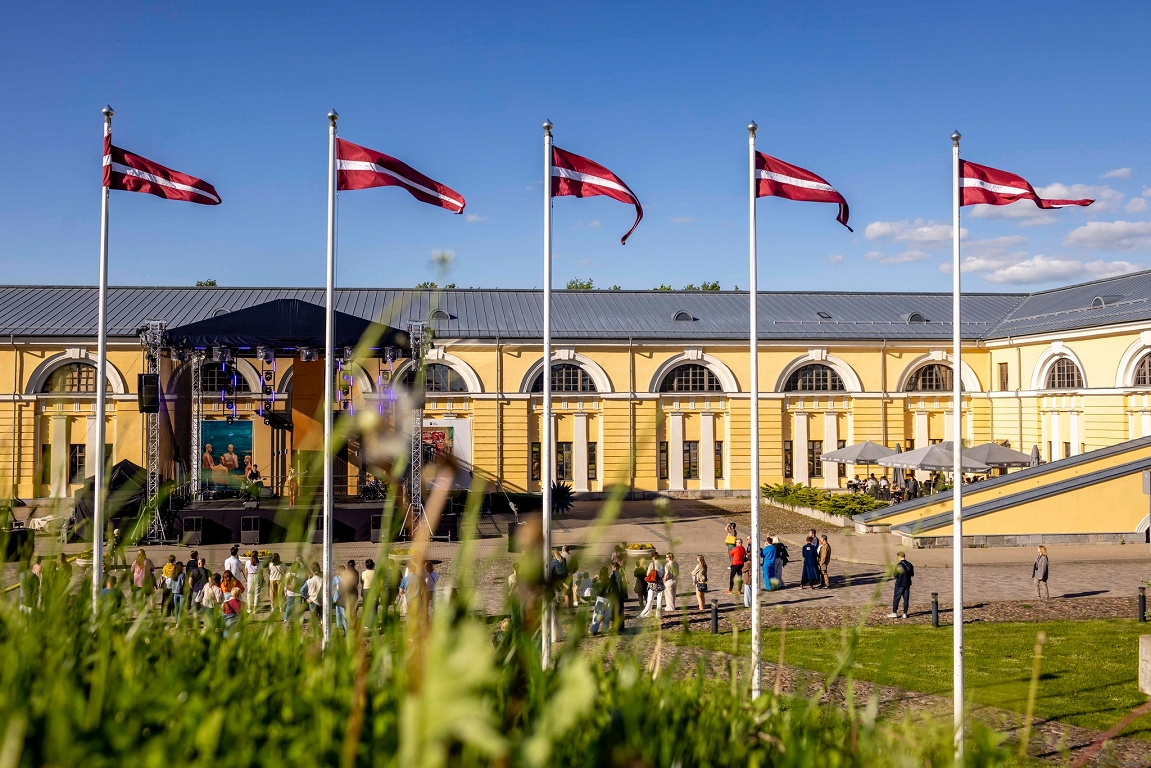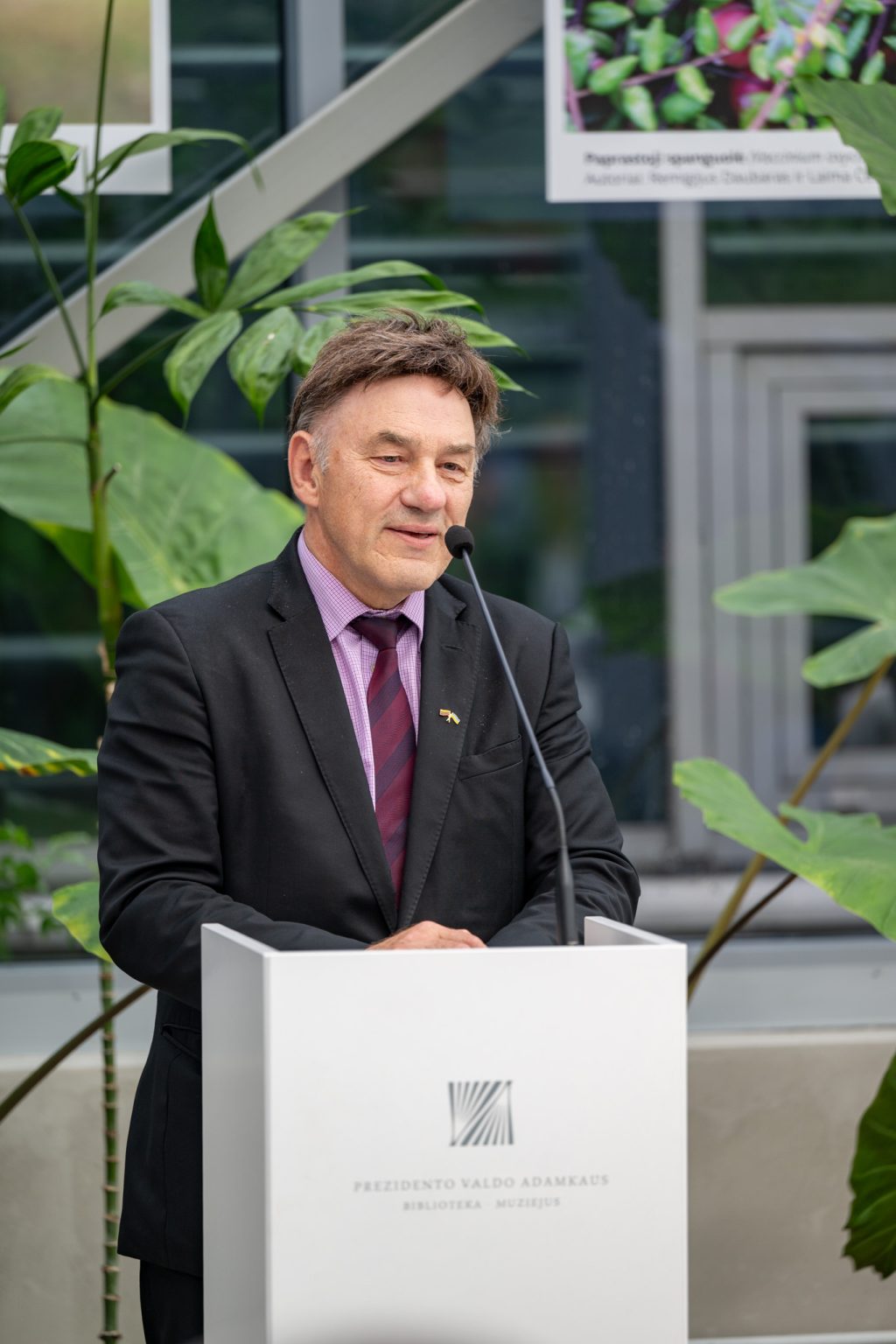Livestock

By George Erebara
In the year 29 BCE, Roman poet Virgil, best known today for the Eneida verses Epic, published another poem called Georgia, or agriculture, because it accidentally intends that the author of this article in ancient Greek means farmer. Eneida is known to Albanians because Henrik Lacaj entered the spooky work of her behavior in Albanian, while Georgia, the second great work of Virgil, as far as I know, has never been brought.
Georgia is of great importance in the history of mankind because, as far as it is known, it is the first time that the spiritual consciousness of the world, which is literature, sees agriculture and livestock, farmer and livestock, as well as mud and dung, not with the usual contempt reserved for this part of society, but as an idyllic, but a world, dignity.
One of the stories included in the poem speaks of a former old, older, with his days of robbery and rape behind his arms, taking care of his crops, experts in horticulture and beekeeping. He describes these simple goods as as magnificent as the kings' riches.
Virgil was also a court poet. His poem Eneida was funded by the founder of rule with a man in Rome, Augustus. Eneida recounts the tale that the Romans told themselves about the mythical origin of themselves and their power. A story that begins with the escape of the legendary hero Aeneas from Troy in flames, abandoning his love for the predetermined fate of fame and power and the founding of Rome, to end with the rule of Augustus.
Even his assumption that, when you are a farmer or livestock, gives you the opportunity not to cut your head to seek who is the man who is ruling and how he is doing the management of the common goods he is at the forefront is clearly a propaganda model. Augustus has given you the opportunity to be free with your sheep and goats, so don't mind that it is not your job of who governs and as a government.
The structure of Aeneida was used for centuries later by Marin Barleti to bring Skanderbeg's story something that was noticed by Danish scholar Minna Skafte Jensen.
Naid!
The human feelings that Virgil discovered over the past two thousand years and man's desires for abundance and freedom and finding these desires in agriculture and livestock have been made throughout history, the target of propagandists.
The idyllization of agriculture from Virgil and many afterwards, hardly survives the critical perspective of using human feelings for propaganda. For example, a kid's photograph conveys feelings of youth, vitality, happy life and the lack of need for complicated thoughts. What does not appear in the picture is that, likely, a few months after this photo has been taken, the kid in question will be slaughtered for eating. But propagandists have had more and more effects on people's lives starting from the twentieth century, when, above all, Mussolini used the radio to convey their propaganda within every citizen's home, while social networks and mobile today allow propaganda to penetrate not merely inside the house, but also in bed or dump. Compared to this, reading Virgil by the generally illiterate population of the ancient world seems like a terribly clumsy propaganda exercise.
Being a farmer does not bring you liberation from human embarrassment, because you can again fall into poverty, get sick and need medicine and medicine. Key, being a farmer, despite living a living with the land, does not free you from the need for any member of a political body, whether farmer or aircraft engineer, to see attentively who is governing and how it is governing, if you are abusing the money that is needed to cover these embarrassments such as roads, water, sewage, sewage, health care, consecutive.
Mussolini was the one who, after a marsh was told (we must not forget that the marsh was told with the money and work of the Italians), he appeared in television television reaping grain, thus providing bread for the people. And in the 1970s and 1980s, Albanian Communist rulers tried to renew themselves by recruiting some farmers and livestock from the village directly to the Political Bureau, a structure that was at that time the equivalent of today's parliament.
When Lenka Cuko became a member of the Political Bureau in 1971, she was 33 years old. She too was taken from the village, lived all the time with insults, insults and mockery about the modest strands of her career, explained in an interview that she had not been milking, as she was commonly despised by the former speaker of the time, but « farmer ». The recruitment from the village is hardly changing in the governing structure, neither stopped raping, imprisoning and exiled nor brought about any improvement in the standard of living.
The newest MP of the Albanian Parliament is expected to be Marjana Koceku, who has been known on social media as a livestock. She stated that she wants to represent the Dukagjini community and chose, in a very symbolic way, to use Gegnish in the first statement.
One thing is good to remember Mrs. Kochku and all MPs of all parties, MPs who have already been made despite the fact that the elections have not yet been made is that this work of representing a community, whether peasant or civic, Gega or Tuscan, with goats or Mercedes, is a little more complicated than that. Because the deputies in the Republic of Albania are appointed and not elected.
However, each of these MPs, including Ms. Koçeku has the opportunity to, starting today, as the letters have already been deposited in the CEC and cannot be undone, become worthy representatives, not only of the Dukagjini Males, but of all Albanians, rising for the protection of human rights, not tolerating corruption, respecting the rule of law, Oncology medicines, why the roads are destroyed, why the country is divided by stacks for oligarchs.
As an MP appointed in the Shkodra area, Ms. Kocek can start well by one day there on the ribs of the Cathedral in the city of Shkodra, where a church canteen called « Bread of Shna Ndout » offers the poor a small shoulder bath, a very small piece of bread. As far as you can imagine, the soup in question should cost about 20 or 30 ALL, while the bread, about 10 lek.
Mrs. Kochu can become a representative of all Albanians if he goes to the one who has named him to ask why, in 2025, in Albania, there are people who need a free meal that does not cost even half a euro, and are even obviously hungry in a city where even 100 meters away is planned to build a tower. Until she does this or such things, she is not a representative of Dukagjini in parliament, but is Edi Rama's delegate to Dukagjini. /BIRN/




